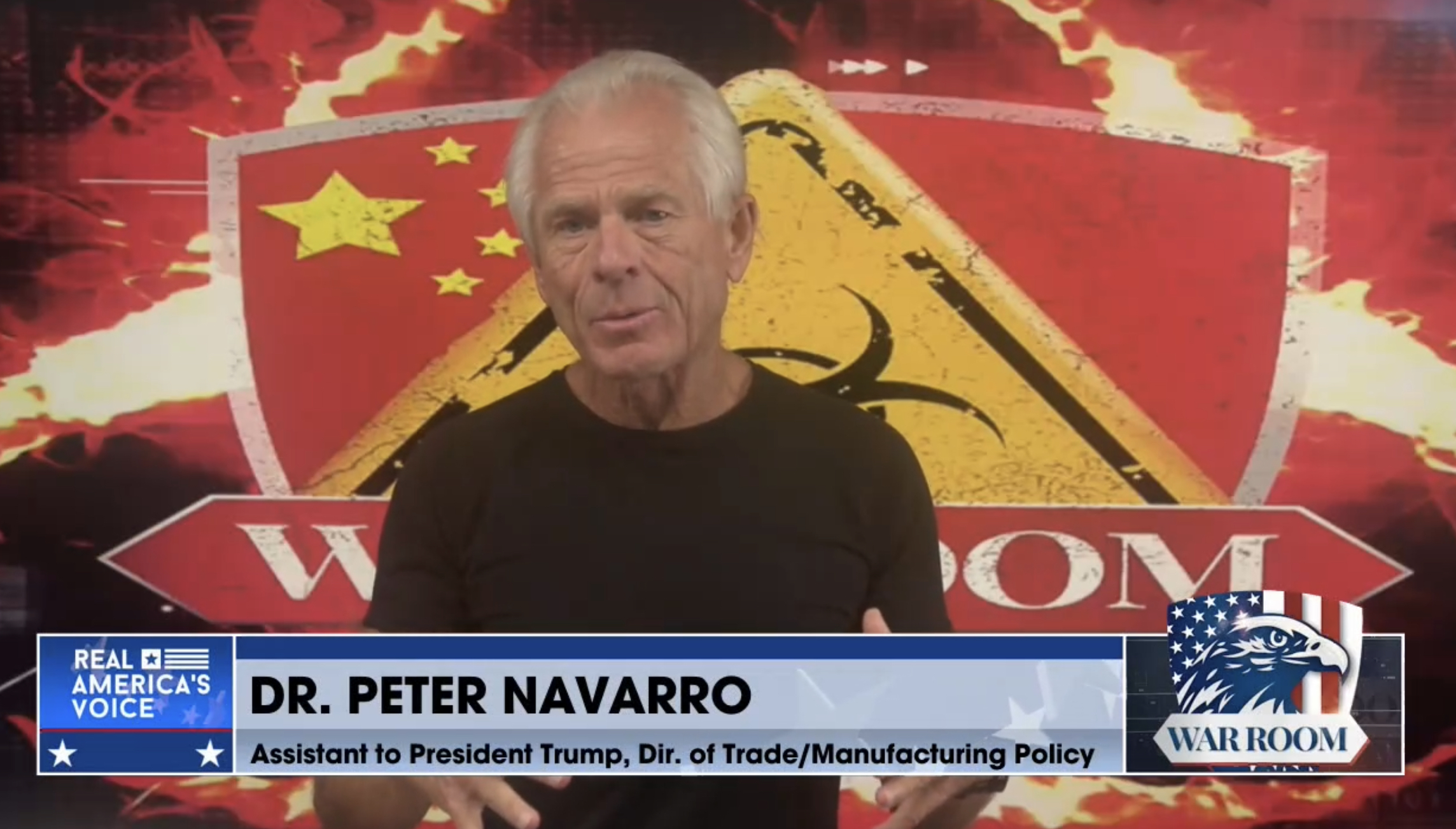
Title: Navarro: Biden Drove The BRICS Nations Into Each Other’s Arms With Bad Foreign And Economic Policy
Introduction:
The recent actions and decisions made by the Biden administration have unintentionally led to the strengthening of the BRICS nations, a group of emerging economies consisting of Brazil, Russia, India, China, and South Africa. Peter Navarro, the former Trump administration trade advisor, argues that the policies pursued by President Biden have driven these nations to deepen their cooperation and unite against perceived threats. While some may view this unintended consequence as a positive development, Navarro believes that it is a result of misplaced foreign and economic policy decisions.
BRICS Unity Strengthened:
Navarro points out that President Biden’s approach to foreign policy, notably his administration’s stance on China and Russia, has inadvertently driven these two nations closer to other BRICS members. Biden’s emphasis on competition with China and his commitment to maintaining pressure on Russia have created common ground among these emerging economies. As a result, the BRICS nations are finding common interests and are increasingly aligning themselves to counter the influence of the United States and its allies.
Economic Implications:
Navarro argues that President Biden’s economic policies have further contributed to the unity among BRICS nations. The current administration’s push for increased regulation, higher taxes, and protectionist measures, particularly in key sectors like energy and manufacturing, has raised concerns among the emerging economies. These policies have created an environment where the BRICS nations see a greater need to collaborate, explore trade alternatives, and reduce their dependence on the Western world.
Deterioration of U.S. Influence:
According to Navarro, the collective unity and cooperation among the BRICS nations pose a challenge to the influence and authority traditionally held by the United States. The growing coherence within this group gives them leverage to challenge long-standing global norms and institutions dominated by Western powers, including the International Monetary Fund (IMF) and the World Bank. It also allows them to pursue independent economic and technological initiatives, further eroding the United States’ dominant position on the global stage.
The Role of Bad Policy:
Navarro believes that these unintended consequences are born out of a faulty understanding of the BRICS nations and their geopolitical interests. He claims that the Biden administration’s lack of a comprehensive strategy toward these emerging economies has inadvertently pushed them closer together, undermining U.S. influence and strategic objectives. He emphasizes the need for a nuanced, proactive approach that recognizes the individual goals of these nations while maintaining a favorable relationship with the United States.
Conclusion:
Navarro’s contention that President Biden’s foreign and economic policy decisions have ultimately led to the strengthening of the BRICS nations carries weight. The unintended consequence of driving these emerging economies into each other’s arms highlights the need for a more thoughtful and coherent approach in dealing with these influential global actors. Ensuring mutually beneficial relationships with the BRICS nations while safeguarding U.S. interests should be a priority for the Biden administration and future policymakers. Failure to do so may have far-reaching implications for America’s global standing and influence in the coming years.
